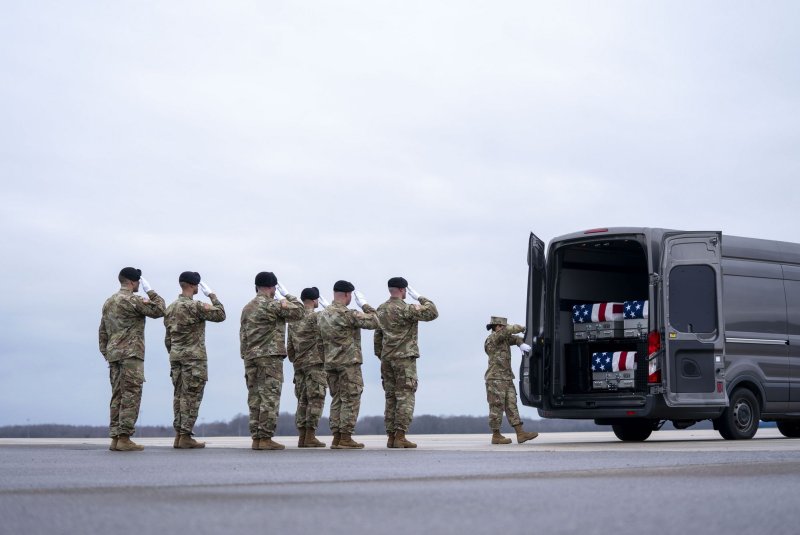Jan. 13 (UPI) — Italy released an Iranian businessman it was holding on a U.S. warrant in connection with a Jordan drone attack a year ago in which three American service members were killed and more than 30 were injured.
Mohammad Abedini was facing extradition to the United States where he is charged with conspiracy to export U.S. drone technology to Iran after being detained at Milan’s Malpensa Airport in December, but the city’s appeals court canceled his arrest Sunday after Italian Justice Minister Carlo Nordio intervened.
The U.S. Justice Department had also charged Abedini with supplying material used in a deadly drone strike on a U.S. logistics base supporting coalition forces’ anti-Islamic State mission near the border with Syria in northwestern Jordan in January 2024. The attack was the first incident in which enemy action killed U.S. soldiers deployed in the region since the start of the Israel-Hamas conflict in October 2023.
The court in Milan accepted Nordio’s argument that Abedini could not be handed over to the United States because extradition was only permissible for “crimes punishable under the law of both countries.”
The U.S. Justice Department did not immediately comment on the development but Iran’s state-run IRNA news agency quoted the country’s judiciary as saying Abedini’s arrest was the result of a “misunderstanding.”
Sunday’s release of the thirty-eight-year-old, who was said to be already home in Iran, came four days after Tehran freed Italian journalist Cecilia Sala three weeks after she was detained while on assignment in the country for “violating the law of the Islamic Republic.”
Speculation has been rife that Iran used Sala as leverage to secure Abedini’s release because of the timing of her Dec. 19 arrest in Tehran, three days after Abedini’s detention in Italy — with the pair effectively swapped.
Italian Prime Minister Meloni, who made an unscheduled flying visit to Mar-a-Lago in Florida to meet with President-elect Donald Trump on Jan 4, said Sala’s release was the product of “diplomatic triangulation” with Iran and the United States, but provided no further explanation.
